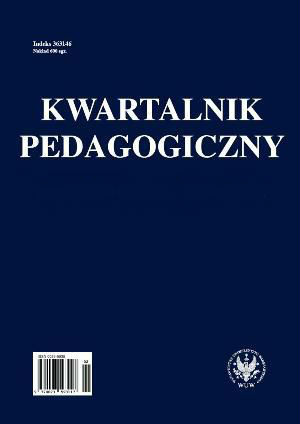GRAMATYKA GENERATYWNA W POSZUKIWANIU ISTOTY JĘZYKA
GENERATIVE GRAMMAR IN SEARCH FOR THE NATURE OF LANGUAGE
Author(s): Piotr StalmaszczykSubject(s): Education
Published by: Wydawnictwa Uniwersytetu Warszawskiego
Keywords: gramatyka generatywna; Gramatyka Uniwersalna; Noam Chomsky; Ray Jackendoff
Summary/Abstract: The article discusses the developments in Chomskyan generative grammar, from the theory of Government and Binding to the more recent Minimalist Program, with special focus on the concept of language, grammar and Universal Grammar. Noam Chomsky distinguishes between “internal language” (comparable, to some extent, to de Saussure’s langue), i.e. an appropriate mental state or competence, and “external language” (comparable to Saussurean parole), i.e. performance, associated with behavior. Language, the Chomskyan object of study, is a recursive procedure that generates an infinity of expressions, each regarded as a collection of information for other systems of the mind-brain. In the Chomskyan approach to language and linguistic theory, the syntactic module is independent, autonomous and apart, other contemporary approaches to linguistics, however, stress the convergence among syntax, semantics and phonology. The second part of the article briefly introduces the theory of Conceptual Semantics, as developed by Ray Jackendoff. According to Jackendoff, the organization of language includes three autonomous levels of structure: phonological, syntactic and semantic/conceptual, and these language specific components interface with non-linguistic components, such as vision, action, and auditory factors.
Journal: Kwartalnik Pedagogiczny
- Issue Year: 206/2006
- Issue No: 4
- Page Range: 113-131
- Page Count: 19
- Language: Polish
- Content File-PDF

